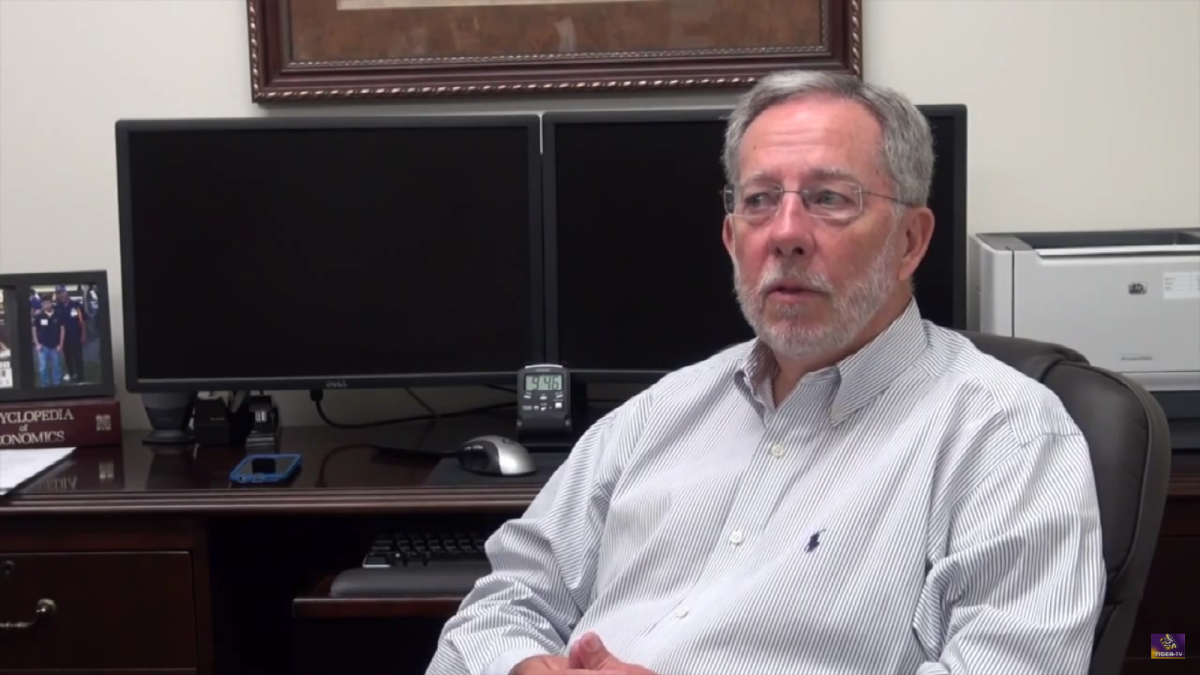As prices rise across the country, minimum wage workers have become more vocal in their call for a higher minimum wage.
Some college students who earn minimum wage like philosophy and mass communication major Race Picou say that the changing times call for a change in economics as well.
“Basically, whenever stuff raises in price, people have the same jobs and get paid the same amount of money won’t be able to afford the higher priced things,” said Picou.
“If you raise seventy-five cents for each employee you have, it makes a lot more of a difference for someone on the small end than it would for a large company.”
Currently, Louisiana is one of the five states with no minimum wage. Although higher wages seem like a positive for some, those that have studied the economic impact of a higher minimum wage fear it would be more harmful than helpful.
LSU economics professor and chair of the Department of Economics Robert Newman is an outspoken opponent to the minimum wage increase. Newman has stated in many articles that if congress agrees to raise the minimum wage, then businesses will cut the number of jobs in order to pay for it.
“If we were to create a state wage, or the federal government were to raise it from $7.25 to $10.10, employment among this group will drop by a little over 2,000,” Newman explained. “For every 10 percent increase in the minimum wage, we see about a 2 percent reduction in high school enrollment.”
Protests and arguments from minimum wage workers have brought this topic to the forefront, but the decision regarding what to do rests in the hands of lawmakers and business owners.
The Battle Surrounding Minimum Wage
April 22, 2015
More to Discover




